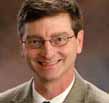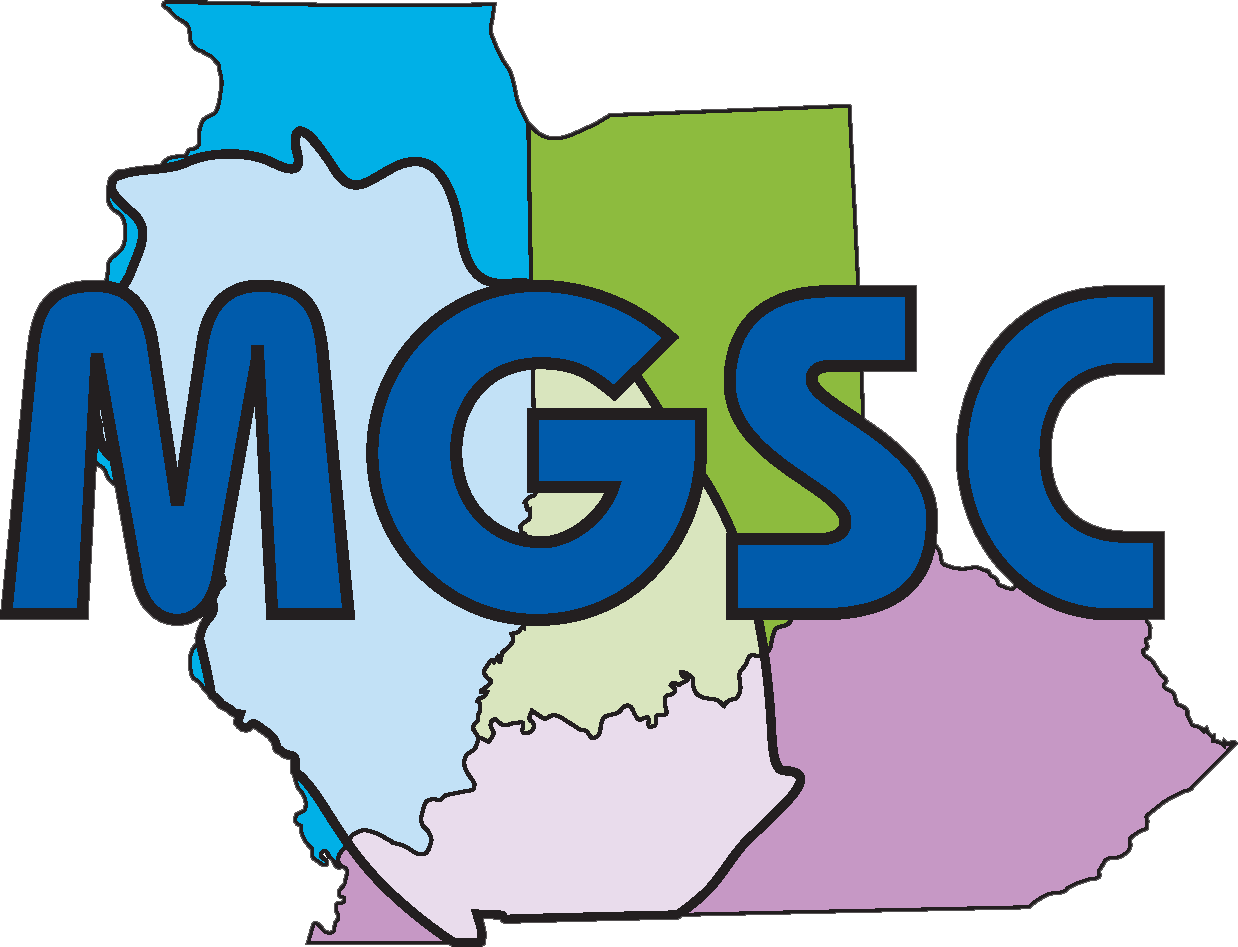Computational Methods
in Water Resources
XIX International Conference
![]() June 17-21, 2012
June 17-21, 2012
at the University of Illinois at Urbana-Champaign
Keynote Speaker:
William Gropp, University of Illinois at Urbana-Champaign
Title of Talk:
"The Next Generation of High Performance Computing"
Biography:
William Gropp received his B.S. in Mathematics from Case Western Reserve University in 1977, a MS in Physics from the University of Washington in 1978, and a Ph.D. in Computer Science from Stanford in 1982. He held the positions of assistant (1982-1988) and associate (1988-1990) professor in the Computer Science Department at Yale University. In 1990, he joined the Numerical Analysis group at Argonne, where he was a Senior Computer Scientist in the Mathematics and Computer Science Division, a Senior Scientist in the Department of Computer Science at the University of Chicago, and a Senior Fellow in the Argonne-Chicago Computation Institute. From 2000 through 2006, he was also Deputy Director of the Mathematics and Computer Science Division at Argonne. In 2007, he joined the University of Illinois at Urbana-Champaign as the Paul and Cynthia Saylor Professor in the Department of Computer Science. Since 2008, he has also been Deputy Director for Research for the Institute of Advanced Computing Applications and Technologies at the University of Illinois. His research interests are in parallel computing, software for scientific computing, and numerical methods for partial differential equations. He has played a major role in the development of the MPI message-passing standard. He is co-author of the most widely used implementation of MPI, MPICH, and was involved in the MPI Forum as a chapter author for both MPI-1 and MPI-2. He has written many books and papers on MPI including "Using MPI" and "Using MPI-2". He is also one of the designers of the PETSc parallel numerical library, and has developed efficient and scalable parallel algorithms for the solution of linear and nonlinear equations. Gropp is a Fellow of ACM, IEEE, and SIAM and received the Sidney Fernbach Award from the IEEE Computer Society in 2008. Gropp is a member of the National Academy of Engineering.



